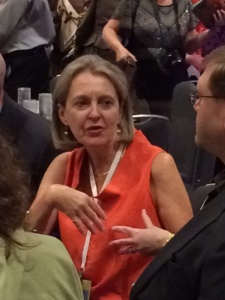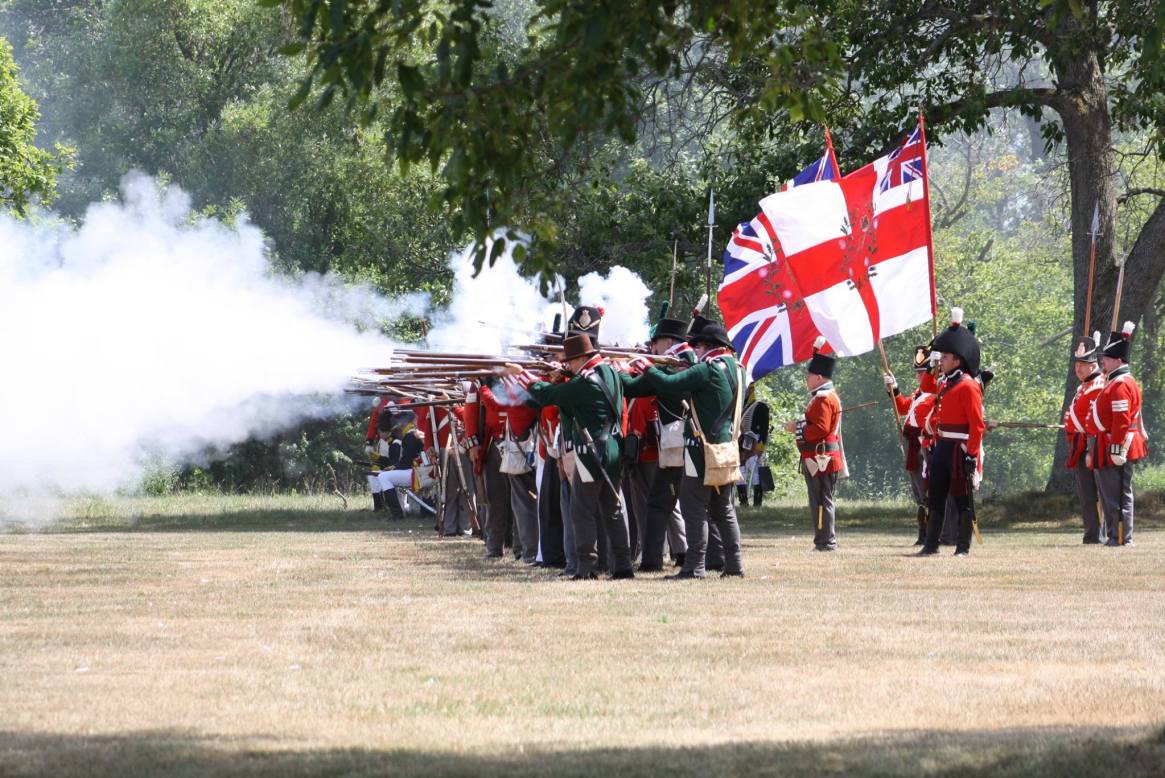TV Interview: Elaine Cougler Author

The Loyalist’s Wife, The Loyalist’s Luck, The Loyalist Legacy
by Elaine Cougler
Available at Amazon.com and many other places.




 EC: Can you tell us which side in the Crusades you favored in Acre’s Bastard? Why did you pick that side?
EC: Can you tell us which side in the Crusades you favored in Acre’s Bastard? Why did you pick that side? 



 November is launch month for The Loyalist Legacy, the third in my Loyalist Trilogy and what a month it has turned out to be. Our thoughts are on our American neighbors to the south and the most vitriolic and divisive election any of us can ever remember. No matter whose side you’re on, this was a dirty fight and it was hard to see dignity and even honesty go out the window.
November is launch month for The Loyalist Legacy, the third in my Loyalist Trilogy and what a month it has turned out to be. Our thoughts are on our American neighbors to the south and the most vitriolic and divisive election any of us can ever remember. No matter whose side you’re on, this was a dirty fight and it was hard to see dignity and even honesty go out the window.









Save



From time to time I get emails in relation to my Pinterest account and the boards I’ve shown interest in. One of those boards is libraries and I have many lovely library pictures from around the world.
This article (by Inigo del Castillo) and delectable photo, however, came through Facebook and its splendor caught my attention immediately. If you read through the article, at the bottom you’ll find many more shots of what is touted as the second most beautiful bookstore in the world.
I’ve been to a couple of gorgeous renovated theatres with wonderful frescoes painted on the ceiling over the proscenium arch so I recognized that feature immediately. Makes me wonder what Da Vinci’s back was like after he painted the Sistine Chapel.
Turning this old theatre into a stunning bookstore, however, is a new concept to me. I could browse there for days although the management probably wouldn’t let me take in the shopping cart I’d need for all my book choices.
Just a couple of weeks ago I went into the local Chapters/Indigo store with a wonderful gift certificate from my daughter. Yay! I could indulge myself. Ha! Half or more of the store is taken up with candles and wraps and fuzzy animals and the like. Usually I find more books I want than what I can afford. This day I searched for substance among rows of flimsy flights of author fancy, none of which interested me. I couldn’t find much I would even consider reading let alone buying. I’ve never had that experience in a bookstore before. When I finally settled on a book, Stalin’s Daughter, I headed for the cash.
The path to pay is a veritable gauntlet of non-book items. Of course those are useful to keep the would-be purchaser occupied while waiting in the inevitable lineup. Do you think stores do this on purpose?
The contrast between the bookstore shown above and my latest experience here in Canada is vast and while my sympathy is with bookstore owners’ need to make money, I wonder if there is a way to make the store itself the magnet. I do realize that this topic is far broader than my small blog’s scope but I’ll keep longing to visit those fabulous bookstores of the world and buying as many good books as I can. I’d like others to experience the quick rush of tears I felt a few years ago in Dublin’s Trinity College library as I beheld the very old Book of Kells, surrounded by floors of beautiful shelves of books. Fabulous.
